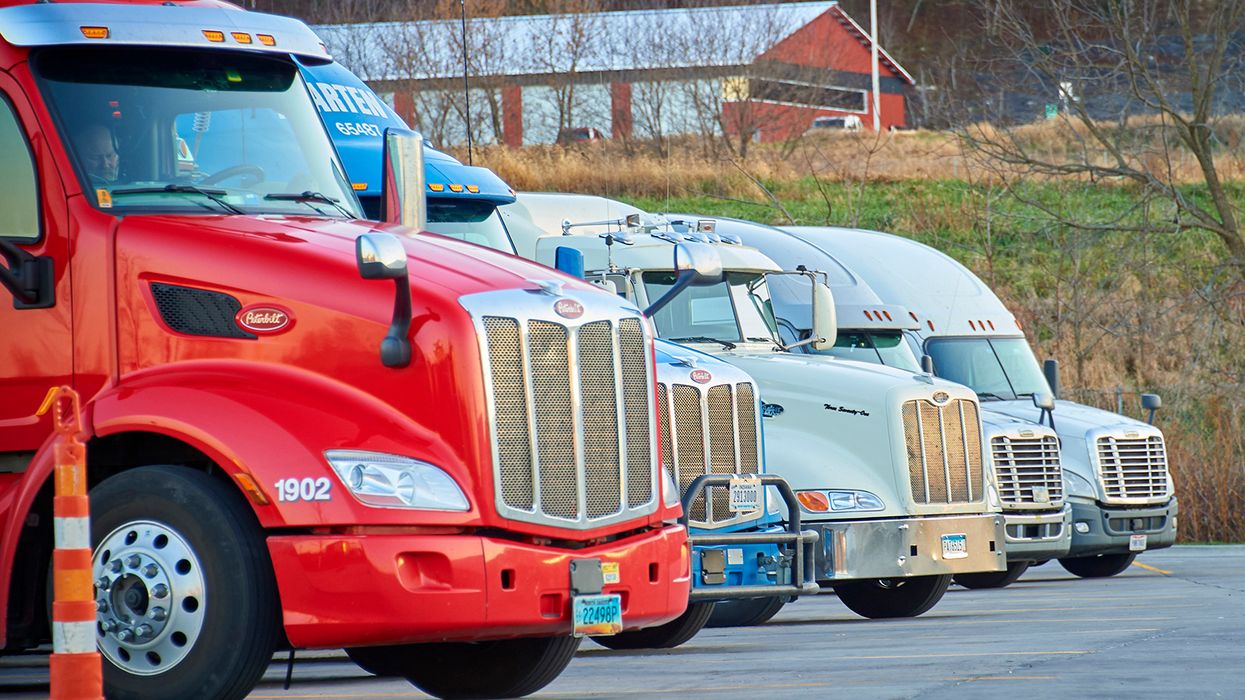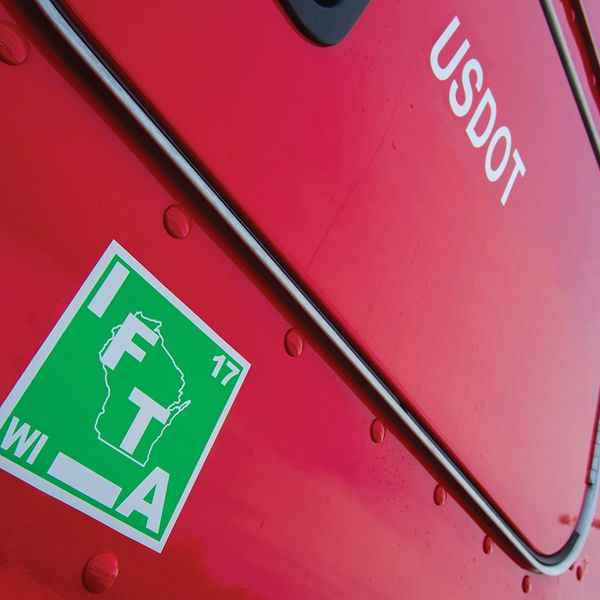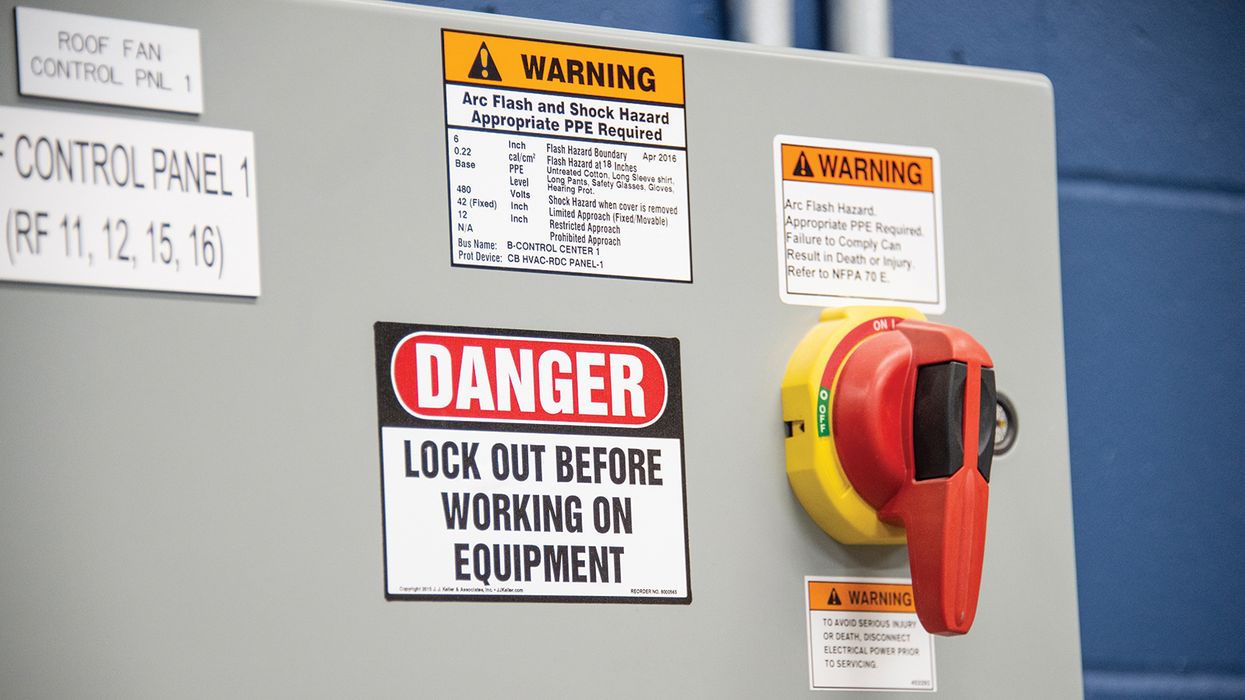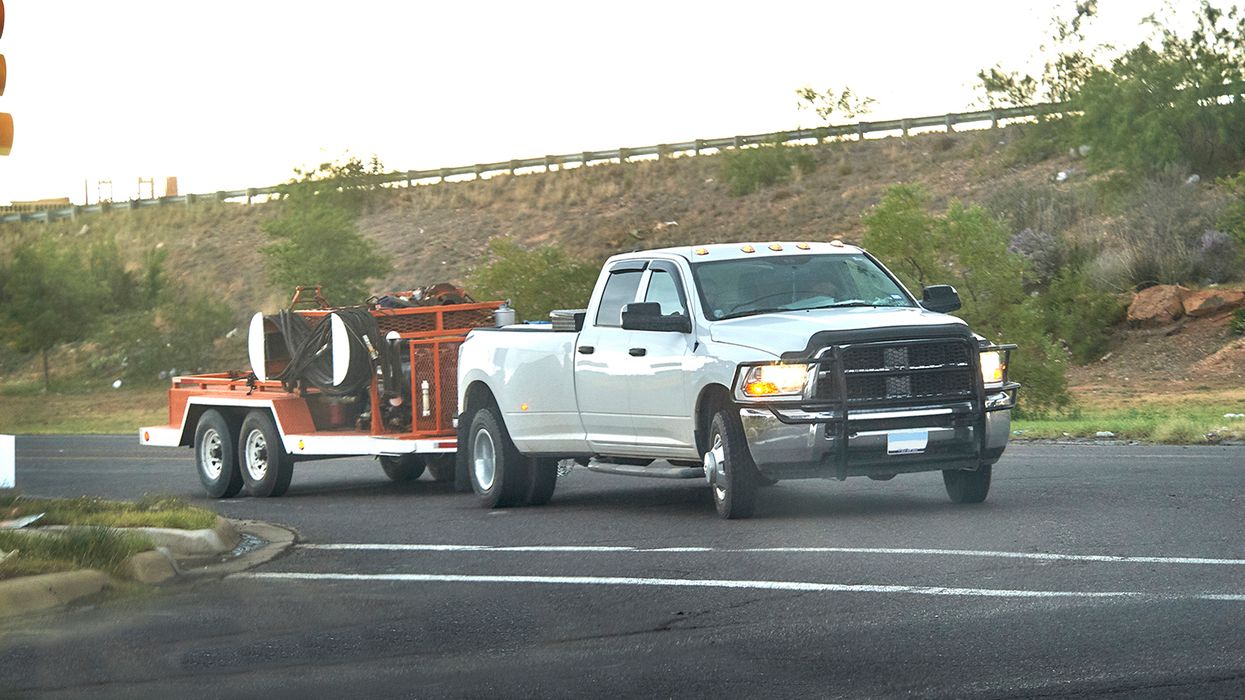What is my base state?
Interstate motor carriers must indicate a base jurisdiction of operations (state or province) under several registration and reporting programs. This approach simplifies compliance by eliminating the need to report operations, register vehicles, and pay fuel taxes to multiple jurisdictions for every vehicle in your fleet.
Carrier registration
Nearly all carriers engaged in interstate commerce are subject to the Unified Carrier Registration (UCR) program. Here, you must register, report fleet size, and pay fees annually to your base state. However, not all states participate in UCR. Even if your base state doesn’t participate, you must still register under UCR.
Under this program, when your principal place of business is in a participating state, that state will serve as your base state. When your principal place of business is not located in a participating state, any participating state in which your company maintains an office or operating facility may serve as your base state.
When you do not have a principal place of business, office, or operating facility in any participating state, the participating state that is nearest to the location of your principal place of business may be the base state, or you may select any participating state within your FMCSA region.
Who’s covered?
Private property carriers, for-hire passenger, property, and exempt commodity carriers, freight forwarders, leasing companies, and brokers engaged in interstate commerce are subject to annual registration under the UCR program.
Vehicle registration
Instead of registering commercial vehicles in every state in which your vehicles travel, you can register your trucks in your base state and have the registration recognized by all jurisdictions.
Under the International Registration Plan (IRP), “base jurisdiction” means the jurisdiction (state or province) where: you have an established place of business, mileage is accrued by your fleet, and operational records of the fleet are maintained or can be made available.
Who’s covered?
Apportionable vehicles that meet the following criteria are IRP-eligible vehicles: have two axles and a gross vehicle weight or registered gross vehicle weight in excess of 26,000 pounds; or have three or more axles, regardless of weight, or are used in combination, when the gross vehicle weight of the combination exceeds 26,000 pounds.
“Apportionable vehicle” means any power unit that:
- Is used or intended for use in two or more member jurisdictions; and
- Is used for the transportation of persons for hire or designed, used, or maintained primarily for the transportation of property.
Fuel tax reporting
Rather than each state having its own fuel tax regulations, the International Fuel Tax Agreement (IFTA) allows motor carriers to maintain one license, carry one set of fuel credentials, and file quarterly tax returns with a base state. The base jurisdiction then distributes the taxes to all other jurisdictions in which the carrier operated.
Under IFTA, base jurisdiction means the member jurisdiction where qualified motor vehicles are based for vehicle registration purposes.
Who’s covered?
IFTA applies to qualified motor vehicles operating in more than one jurisdiction. A “qualified motor vehicle” is a motor vehicle used, designed, or maintained for transportation of persons or property, and that:
- Has two axles and a gross vehicle weight or registered gross vehicle weight exceeding 26,000 pounds or 11,797 kilograms; or
- Has three or more axles regardless of weight; or
- Is used in combination, when the weight of such combination exceeds 26,000 pounds or 11,797 kilograms gross vehicle weight.
Key to remember
You may be operating vehicles that are intrastate as far as IRP and IFTA are concerned, but interstate for DOT safety and UCR compliance. Correctly classifying your operation and choosing your base state will keep you in compliance.


























































